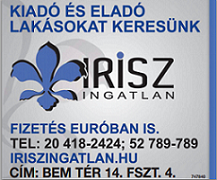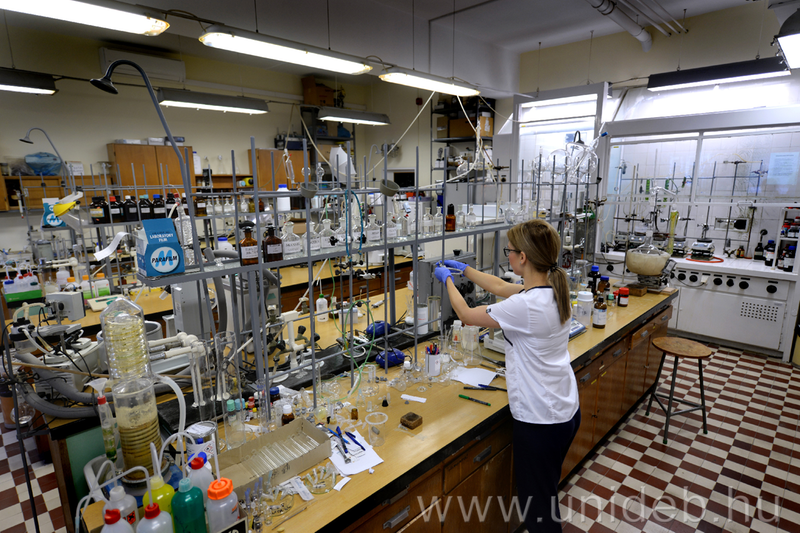The consortium’s proposal was selected for funding under the highly competitive Nano and Advanced Technologies for Disease Prevention, Diagnostic and Therapy (NANOTECMEC) call, part of the ERA4Health partnership. With nearly ten times more applicants than available grants, the selected projects underwent a rigorous two-round evaluation process.
The NextNano4Cancer project, launched on May 1, is coordinated by Dr. Ildikó Bácskay, Dean of the Faculty of Pharmacy at the University of Debrecen. The consortium includes prestigious institutions such as Taipei Medical University, Claude Bernard University Lyon 1 (ENS Lyon), the Spanish National Research Council (CSIC), Vasile Goldiș Western University of Arad, and the Hungarian biotech company Cylolab Ltd.
According to Dr. Bácskay, the project aims to achieve a major breakthrough by developing a novel chemotherapeutic formulation. The research focuses on identifying new anti-cancer targets and designing nanoscale drug delivery systems that uniquely combine properties of macrocyclic compounds like calixarenes, dinarenes, and cyclodextrins—approaches that have not been previously explored.
A key innovation is embedding newly developed CK2 enzyme inhibitors (CK2i) into self-assembling supramolecular nanosystems. This targeted delivery system is expected to enhance therapeutic precision and effectiveness, while also addressing the issue of multidrug resistance (MDR) in cancer therapy. Additionally, the project includes the planning of a GMP-compliant production process to enable clinical development of the most promising formulations.
(unideb.hu)


















